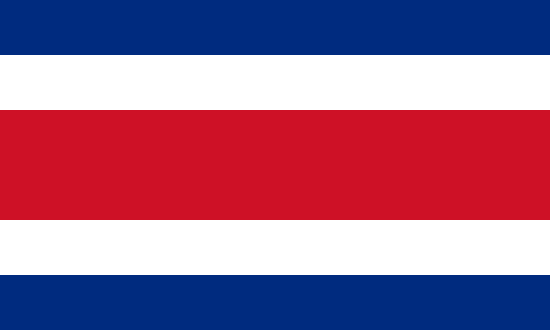
Health Insurance in Costa Rica, America
Information expatriation
Capital City: San José
Total area: 51,100 km2
Population: 4,468,000
Money: Currency Converter
Time Zone: List of time zones by country
Calling Code: +506 XXX
Practical Information:
Health Product: Travel Insurance and Health insurance
Health Insurance information and Sanitary Risk: World Health Map
BLOG : Expat Health insurance Information
Here is a brief description of the healthcare system in the country:
· Universal healthcare is provided through the public Caja Costarricense de Seguro Social (CCSS). It covers over 85% of the population.
· The system is funded by mandatory payroll taxes paid by workers, pensioners and employers. It operates on a mostly not-for-profit basis.
· Primary care is provided through clinics and health posts located around the country. These offer basic preventative and outpatient services.
· Larger hospitals in provincial centers provide specialists, advanced diagnostics and complex procedures.
· Six specialty hospitals at the national level handle the highest level cases like organ transplants.
· Quality of care is generally good by regional standards but demand has strained capacity in some areas.
· Around 15% have supplemental private insurance for services not covered under universal care.
· Costa Rica has relatively high health outcomes despite having only around 5% of central America's population.
· Challenges include rising costs, physician shortages and maintaining coverage as more retire to the country.
Here are some key health considerations for expatriates living in the country:
· Insurance - Joining the public CCSS plan requires temporary/permanent residency. Maintain supplemental international coverage as a non-resident.
· Registration - Obtain proper visa/work status, which may impact eligibility for public insurance and subsidized rates.
· Rural access - Quality varies away from major cities. Research facilities/doctors near your location.
· Medications - Familiarize yourself with CCSS drug formulary and any costs for non-covered items.
· Vaccinations - Ensure routine immunizations are up to date. Consider others like hepatitis A, depending on travel within Costa Rica.
· Water safety - Tap water is generally safe but bottled water recommended, especially in rural areas.
· Road safety - Traffic accidents are a leading cause of injuries. Exercise caution due roads/driving habits.
· Medical tourism - Top facilities attract patients, important to verify policies/costs are understood fully first.
· Languages - While Spanish is widely spoken, planning and emergency communications may be easier in your language.
